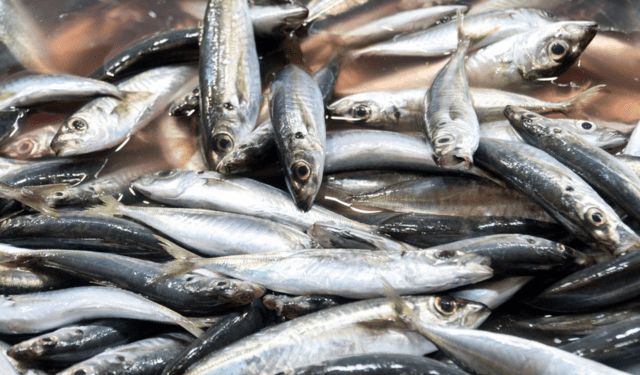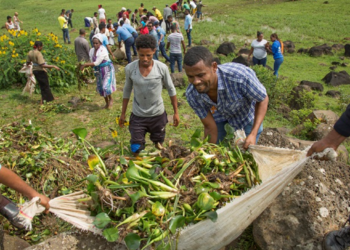The role of aquaculture and fisheries in global food security – Aquaculture and fisheries are playing an increasingly central role in the fight to ensure global food security. The recent Ministerial Declaration of the G20 Working Group on Agriculture highlighted the importance of integrating these sectors into local and global value chains, placing them among the four strategic priorities for a sustainable future. This recognition is a significant step towards greater awareness of the nutritional and socioeconomic value of aquatic food systems.
Aquaculture and fisheries not only provide high quality protein to billions of people, but also help to preserve aquatic ecosystems, improving the sustainability and resilience of coastal and rural communities. The G20, with the support of the FAO, emphasises the urgency of promoting sustainable fishing practices to counter the negative impact of illegal, unreported and unregulated (IUU) fishing, as well as developing aquaculture management systems that comply with international guidelines.
In a global scenario where the demand for fish is constantly increasing, the aquaculture sector becomes crucial to meet this demand, contributing significantly to food and nutritional security. Spanish Minister Luis Planas reiterated the importance of considering fisheries and aquaculture as sources of proteins with high biological value and low environmental impact, emphasising the urgency of adopting policies that favour the inclusion of these sectors in global food systems.
The FAO’s proposed ‘Blue Transformation Roadmap’, covering the period 2022-2030, aims to sustainably manage aquatic ecosystems, addressing challenges such as environmental degradation and overfishing. This holistic approach points to a future where aquatic food systems can not only feed the world’s population, but also secure livelihoods for millions of people who depend on fisheries and aquaculture.
With more than 3.3 billion people dependent on aquatic food for at least 20 per cent of their animal protein, and a sector worth a record $472 billion by 2022, fisheries and aquaculture represent a vital resource for the global economy.
Strengthening governance and investment in the sector, reducing food waste and improving climate change adaptation strategies will be crucial to the success of this blue transformation.
FAO has expressed its willingness to work with G20 members to realise these goals, already preparing for the 2025 UN Oceans Conference. The future of global food security will largely depend on the ability to support and enhance sustainable aquaculture and fisheries to ensure equitable access to resources that are critical to human health and environmental sustainability.
The role of aquaculture and fisheries for global food security









